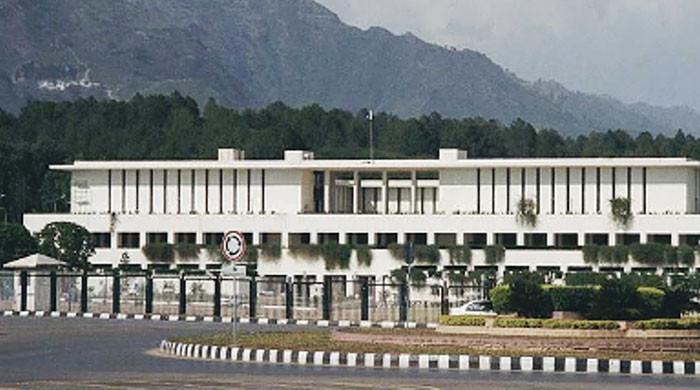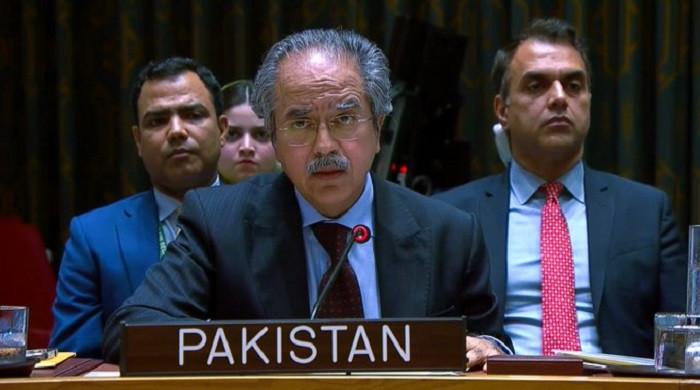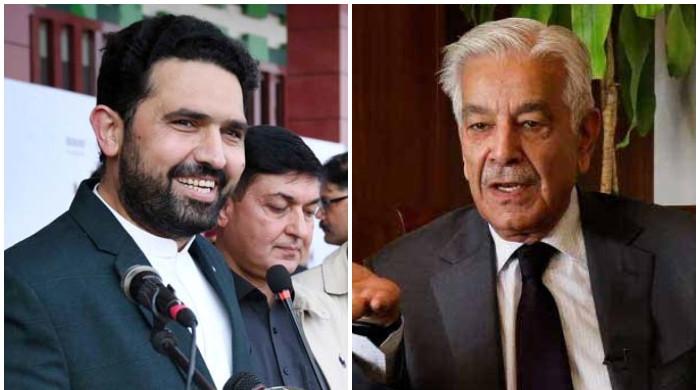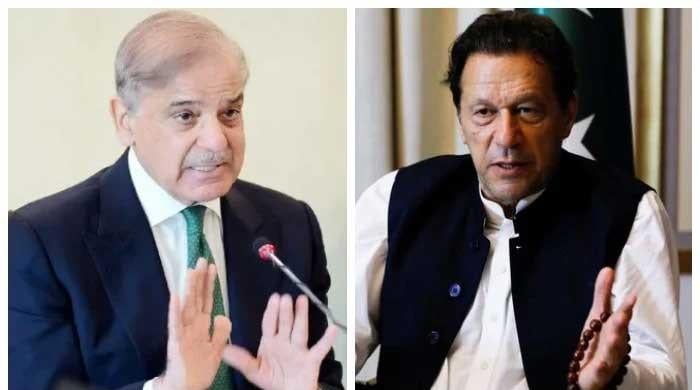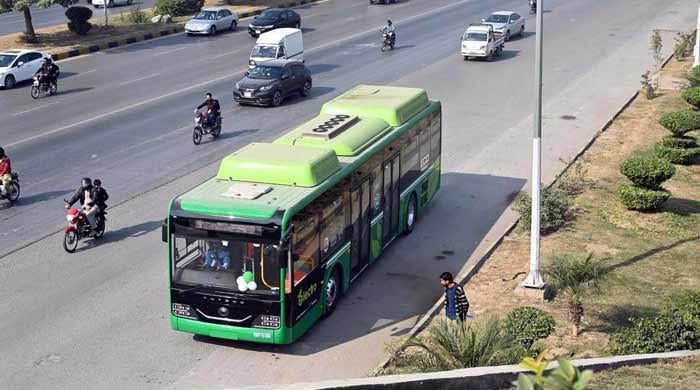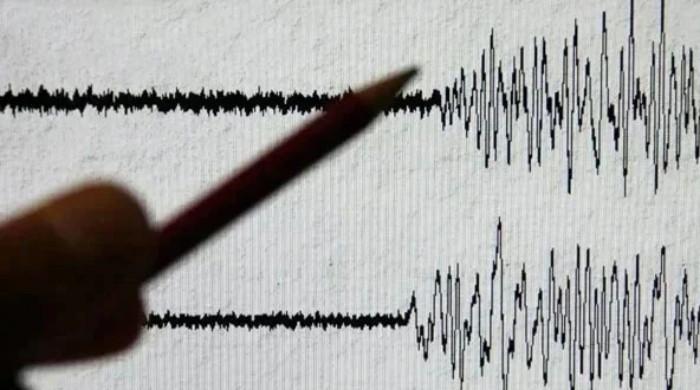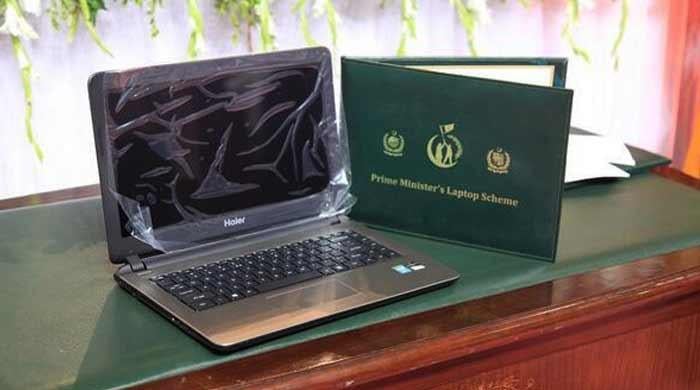A brief history of chief election commissioners in Pakistan
Given past experience, appointing a non-controversial CEC will be nothing short of a miracle
December 07, 2019
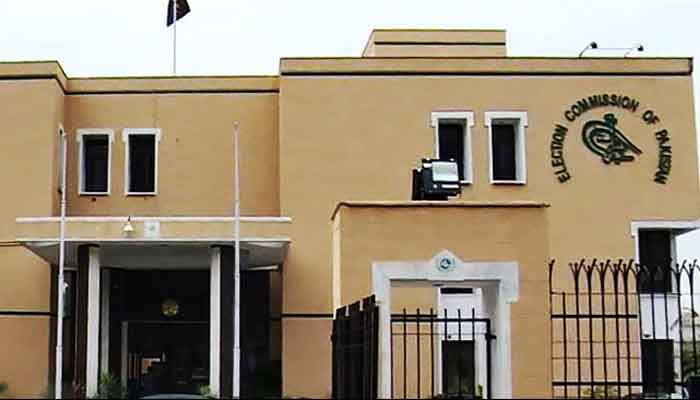
ISLAMABAD: Hardly any Chief Election Commissioner (CEC) in Pakistan has been non-controversial, mostly because of the manipulation of the electoral system by influential players in the country to their advantage in order to rout political arch rivals.
There are not too many instances showing that successive CECs actually connived with different actors to tilt the poll results in the favour of a political player, but the CECs have either been helpless or spineless to prevent the contriving and manoeuvering of the system by others.
Although armed with sufficient powers, the CECs have been too docile and timorous to exercise them to thwart electoral meddling. There are little or no problems in the law after the Election Act 2017 was passed by the Parliament with consensus during the previous government.
Marathon consultations were held with a large number of stakeholders for its preparation. All the poll laws were also amalgamated to have just one statue, in order to end the confusion and trash the laws made by the dictators who have ruled over the country for long periods.
But still the fiasco that befell the electorate in the shape of the failure of the Result Transmission System (RTS) in 2018 made the entire electoral process disputed and doubtful, leaving aside what happened in the pre-election period.
The chaotic situation created by the collapse of the RTS was blamed on the Election Commission of Pakistan (ECP) under CEC Justice (R) Sardar Raza Khan, who retired on Friday after exhaustion of his constitutional tenure.
He largely performed well, but the intense political controversy generated by the 2018 general elections will continue to haunt him. Losing political parties persist with the mantra that the polls were grossly engineered to defeat them and the RTS was deliberately made non-operational.
Sardar Raza had been appointed as a result of consultations between the then Prime Minister, Nawaz Sharif, and leader of the opposition in the National Assembly, Syed Khursheed Shah. Both have become skeptical about his role because of the last parliamentary polls.
The Pakistan Tehreek-e-Insaf (PTI) kept changing its policy towards Sardar Raza. At times, it lauded him profusely. But it also showered severe criticism on him. In the last few months of his incumbency, it was extremely critical of him on account of a five-year old foreign funding case filed by the PTI dissident Akbar Babar.
Before him, Justice (R) Fakharuddin G Ibrahim was CEC, and was widely acclaimed to be a noble fellow. Even the PTI rated him very highly. However, it put so much pressure on him by publicly campaigning against him that he finally had to call it quits. In this sense, he too became controversial.
Among other CECs, Justice (R) Irshad Hassan Khan - appointed in 2002 - never earned any laurels and was always denounced for his role in this post. Khan headed a Supreme Court bench that had given three years to General (retd) Pervez Musharraf to amend the Constitution.
The dictator, in exchange, blessed him with the top election office for three years. The general elections and public referendum held under Khan were highly rigged. Even Musharraf once frankly admitted gross fraud in the referendum.
Justice S A Nusrat, who held the office of the CEC during the General Ziaul Haq martial law, was never known for holding local or general elections in a fair, free and transparent manner. The ECP under him did what the rulers dictated.
Justice Molvi Mushtaq Hussain, who was CEC before Nusrat, was also never found non-controversial, mainly because of the judgement he, while heading a Lahore High Court (LHC) bench, had handed awarding the death sentence to former PM Zulfiqar Ali Bhutto.
In the early years of the ECP, four bureaucrats, Foreign Minister Khan, Akhar Hussain, G Moinuddin Khan and NA Farooqi had served as the CECs. During Ayub Khan’s era, the presidential election and basic democracies’ (BD) system were massively engineered to please the military dictator.
After several years, the experiment to have a retired bureaucrat as the CEC is about to be repeated, if there is no change in the lists of candidates recommended by Prime Minister Imran Khan and leader of the opposition Shehbaz Sharif.
As a general rule, it has been proven that civil servants mostly love the status quo and hardly pick up the courage to take bold decisions that are disapproved by the rulers. They always look to the powerful while doing their job.
However, the problem with the political parties is that they search for fawning flunkies instead of independent-minded people, who do justice and work with honesty. This is the fundamental reason that there is always a fierce fight over the appointment of the CEC.
In the past, the CEC used to be powerful, but after the enactment of the Elections Act 2017, he doesn’t have any exceptional powers and is just one among the equals. Now, it is the ECP, comprising the CEC and four other members, that take all decisions.
Originally published in The News




